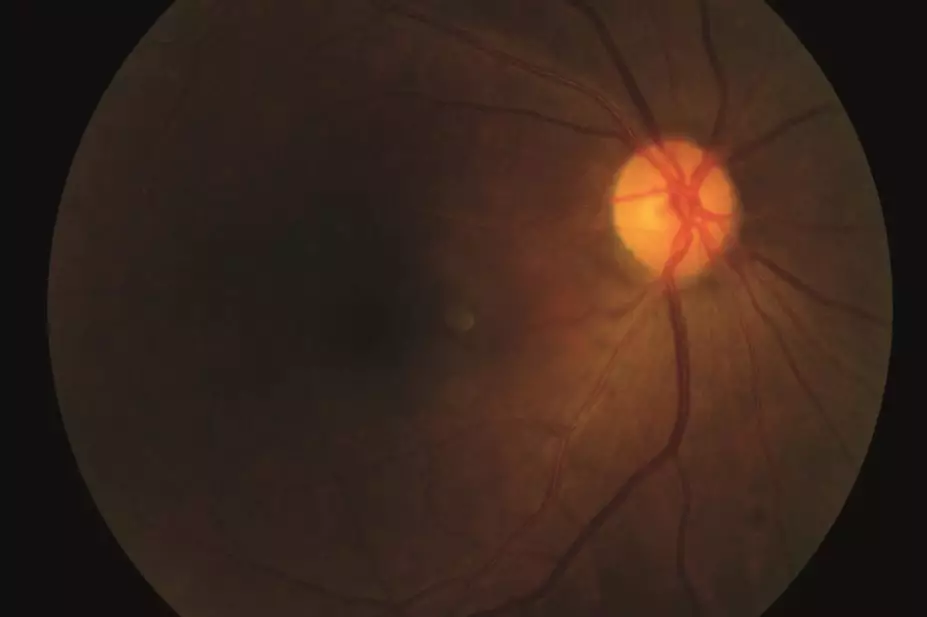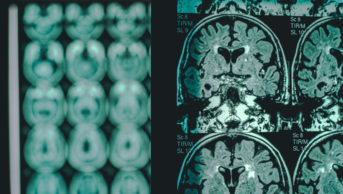
Shutterstock.com
Acute optic neuritis (AON) is a common complication in people with multiple sclerosis (MS) and can lead to visual impairment. New research presented at the American Academy of Neurology’s 67th annual meeting suggests that the anticonvulsant drug phenytoin, usually used in epilepsy, can help prevent nerve damage caused by AON.
In total, 86 people with AON were randomly assigned to receive phenytoin or placebo. After three months of treatment, retinal nerve fibre layer thickness (RNFL) and macular volumes were significantly higher in people given phenytoin versus placebo, indicating a neuroprotective effect.
“Treatment with phenytoin protects the RNFL and macula from neurodegeneration, raising the possibility that blockade of voltage-gated sodium channels may be neuroprotective in relapses of MS in general,” say the researchers in the conference abstract[1]
.
References
[1] Kapoor R, Raftopoulos R, Hickman S et al. Phenytoin is neuroprotective in acute optic neuritis: results of a phase 2 randomized controlled trial. Abstract presented at American Academy of Neurology’s 67th Annual Meeting in Washington, D.C., April 18-25, 2015.


